We have two live information sessions coming up in April. They will be held on Zoom. Each will have two parallel “tracks” focused on different aspects getting a Ph.D. The tracks will run in parallel.
| Date/Time | Topics |
|---|---|
| April 13, 12:30-1:30 PDT | Ph.D. Student Life |
| What is Research? | |
| April 21, 12:00-1:00 PDT | Applying to Ph.D. Programs |
| Should I get a Ph.D.? |
You don’t need to choose a track, you’ll be able to freely switch back and forth.
If neither of those times works for you or you’d like to be notified when the video of these sessions are available, fill out this form.
Register Here! It’s free!
Before attending, checkout the FAQ.
Hosts and Organizers

|
Mia Minnes, UC San Diego (CS Education; Theory) Mia Minnes is an Associate Teaching Professor in CSE at UC San Diego. She works in SoTL and on projects that support professionalization pathways for students. Her work has been supported by grants from UCSD, the NSF, NSERC, and industry partners. Dr. Minnes earned Bachelor's degrees from Queen's University, graduate degrees in Computer Science (MS 2006) and Mathematics (PhD 2008) from Cornell University. She was a CLE Moore Instructor at MIT before joining UCSD. |

|
Ariana Mirian, UC San Diego (Security, Measurement, and Systems) I am a PhD candidate at the University of California - San Diego in the Computer Science and Engineering department. I am broadly interested in understanding security and privacy via an empirical lens. My current research focuses on using large-scale empirical analyses to understand users' security behaviors. At UC San Diego, I am advised by Stefan Savage and Geoff Voelker. Prior to starting my PhD, I completed my BSE at the University of Michigan. |

|
Steven Swanson, UC San Diego (Systems and Architecture) Steven Swanson is a professor in the Department of Computer Science and Engineering at the University of California, San Diego and the director of the Non-volatile Systems Laboratory. His research interests include the systems, architecture, security, and reliability issues surrounding heterogeneous memory/storage systems, especially those that incorporate non-volatile, solid-state memories. |

|
Dean Tullsen, UC San Diego (architecture) Dean Tullsen is a professor at UC San Diego. He received his PhD from the University of Washington, where he introduced simultaneous multithreading. He works in computer architecture, and recently has been very active in architectural security. He is a Fellow of the ACM and the IEEE, and served as chair of the IEEE Technical Committee on Computer Architecture. He has thrice won the Influential ISCA Paper Award. |
Panelists
Students
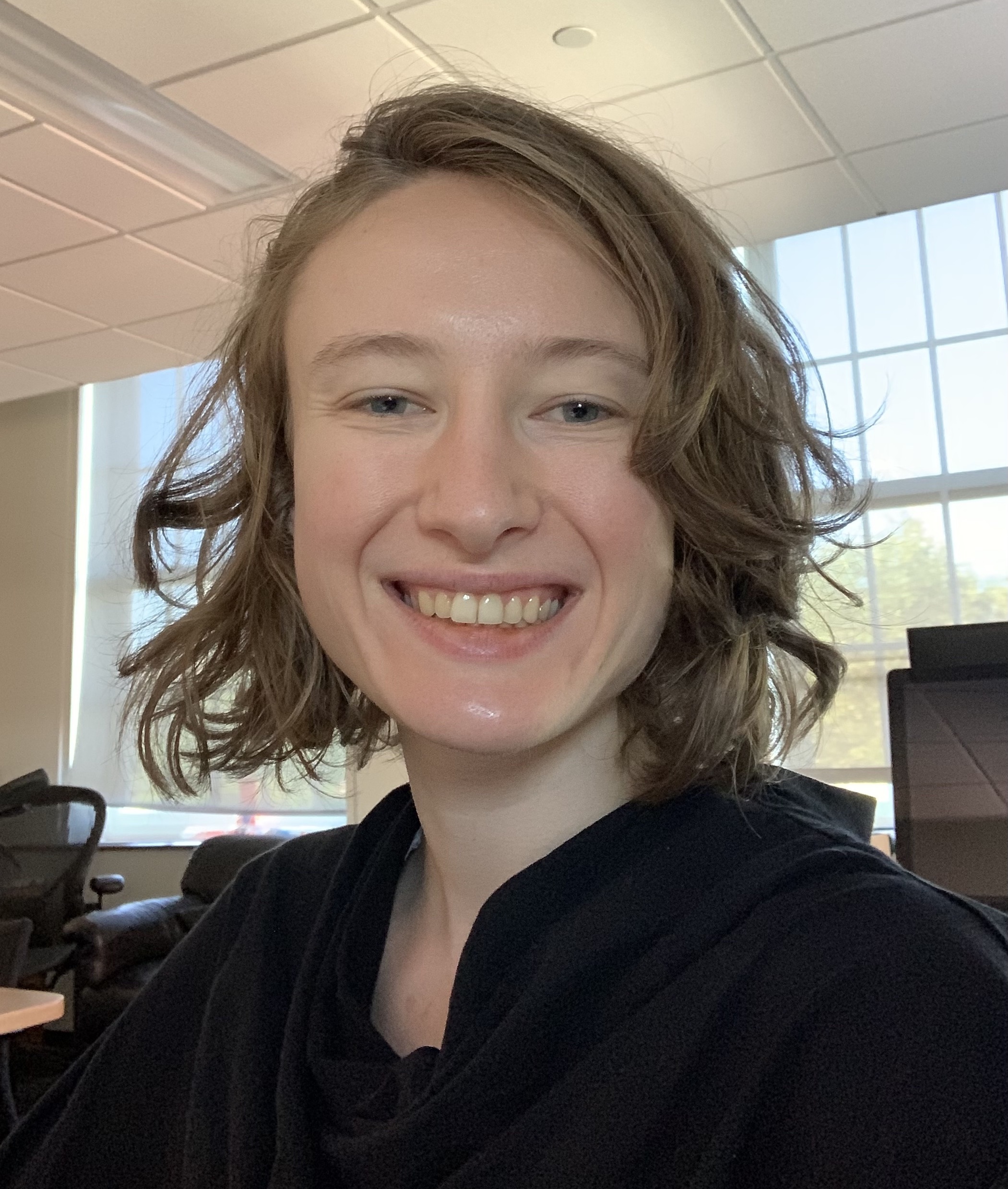
|
Gabrielle Beck, Johns Hopkins (Cryptography) Hi! My name is Gabrielle Beck. I'm currently a third year PhD student at Johns Hopkins doing research in the intersection of applied and theoretical cryptography, the area of computer security focused on designing protocols for secure communication where security guarantees are typically based on the conjectured hardness of certain problems in math. In my free time I like to cook, juggle, and hike. |

|
Marco Carmosino, Boston University (Theory/ML) I am a Computing Innovation Fellow at Boston University, supervised by Mark Bun. I obtained my PhD from the University of California, San Diego in August of 2019, advised by Russell Impagliazzo. |
|
James Choncholas, Georgia Institute of Technology (Systems) Ph.D. student at Georgia Institute of Technology. I research security and privacy in distributed and decentralized systems. I received my Bachelors of Science from the University of Wisconsin – Madison. |
|

|
Thaleia Dimitra Doudali, Georgia Tech (Systems) Thaleia Dimitra Doudali is a Ph.D. candidate in the School of Computer Science at Georgia Tech, advised by Ada Gavrilovska. Thaleia’s research interests are broadly in the area of systems, with a focus at the intersection of machine learning and systems. Thaleia was selected to participate in the 2020 Rising Stars in EECS workshop. |
|
Max Hopkins, UCSD (Theory) I am a 3rd year PhD student in the CS theory group at UCSD supported by NSF and Jacobs Fellowships. Before moving to UCSD, I completed a BA in Mathematics at Harvard University with a minor in Computer Science. I am widely interested in applications of mathematical structure in computer science, including areas such as learning theory, computational geometry, combinatorics, approximation algorithms, and hardness of approximation. |
|

|
Tanvir Ahmed Khan, University of Michigan (Systems (compiler, operating systems, and computer architecture)) Tanvir Ahmed Khan is a 4th year Ph.D. candidate in Computer Science and Engineering at the University of Michigan. His research interest lies in the intersection of compiler, operating systems, and computer architecture. Specifically, He is interested in designing novel profile-guided optimization mechanisms to improve instruction and data locality of modern data center applications. His research has appeared in top systems venues like PLDI, MICRO, FAST, ISCA, and OSDI. |
|
Julia Len, Cornell University (cryptography/security) Julia is a third year Ph.D. student in computer science at Cornell University. Her research interests are in applied cryptography and computer security. She graduated from UCSD in 2018, where she majored in computer science. |
|

|
Sihang Liu, University of Virginia (Computer architecture and systems) I am a 5th-year PhD student in the Department of Computer Science at the University of Virginia, advised by Prof. Samira Khan. My research interest lies in computer architecture and operating systmes, specifically in system and architectural for the imminent Persistent Memory (PM) technologies. Before that, I received my B.S degree from both Shanghai Jiaotong Unievrsity (SJTU) and the University of Michigan (UM) through the Dual-Degree Program. |

|
Tony Mason, University of British Columbia (Systems) I returned to complete my PhD after spending almost 30 years in industry, teaching about, designing, and developing systems software on a variety of platforms. My current research is in the storage area, with a focus on the "upper layers" of abstraction around metadata management and organization. |

|
Theodoros Michailidis, UC San Diego (Systems (OS & Memory)) Theodore Michailidis is currently working toward the Ph.D. degree with the Department of Computer Science and Engineering, University of California, San Diego. His research interests lie on building efficient hybrid memory systems through cooperative software-hardware techniques. |
|
Audrey Randall, University of California San Diego (Internet measurement and security) I am a third-year PhD student studying Internet measurement and security at UCSD. I'm interested in security and privacy threats with real-world impact, such as stalkerware and DNS hijacking. |
|

|
Olivia Weng, UC San Diego (embedded systems) Olivia Weng is a first-year PhD student at UCSD researching how to map neural networks to FPGAs efficiently. |
|
Hengyu Zhao, UC San Diego (Computer architecture and autonomous driving) Hengyu is a 5th year PhD candidate from CSE Department, UC San Diego. His research includes computer architecture design for machine learning and autonomous driving. He is willing to share the experience as a PhD to every attendee. |
Faculty
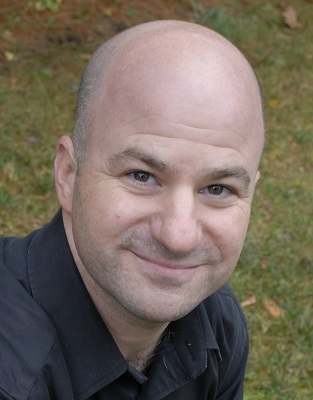
|
Emery Berger, University of Massachusetts Amherst (Systems) Emery Berger is a professor at the University of Massachusetts Amherst, where he co-leads the PLASMA lab (https://plasma-umass.org). His group is well known for its influential research and software systems, many of which have enjoyed broad adoption: their work has influenced the development of the Rust and Swift languages, and memory managers deployed in both Mac OS X and Microsoft Windows. He also developed and maintains the CSrankings.org website. He was named an ACM Fellow in 2019. |
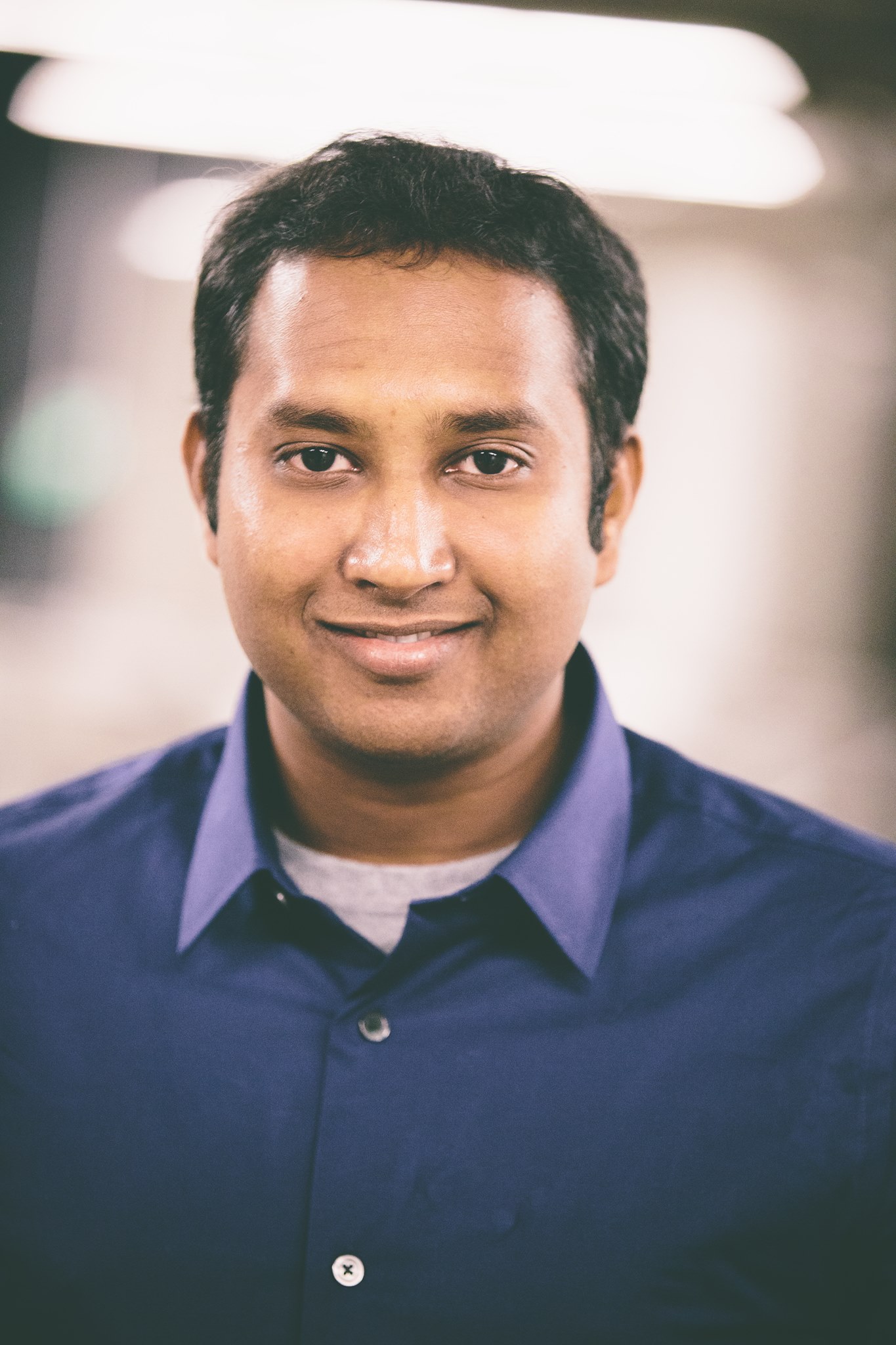
|
Vijay Chidambaram, University of Texas at Austin (Systems) Vijay Chidambaram is an Assistant Professor in the Computer Science department at the University of Texas at Austin. His papers have won Best Paper Awards in ATC 2018, FAST 2018, and FAST 2017. He was awarded the NSF CAREER Award in 2018 and the SIGOPS Dennis M. Ritchie Dissertation Award in 2016. Techniques from his work have been incorporated into commercial products, and his work has helped make the Linux kernel more reliable. |
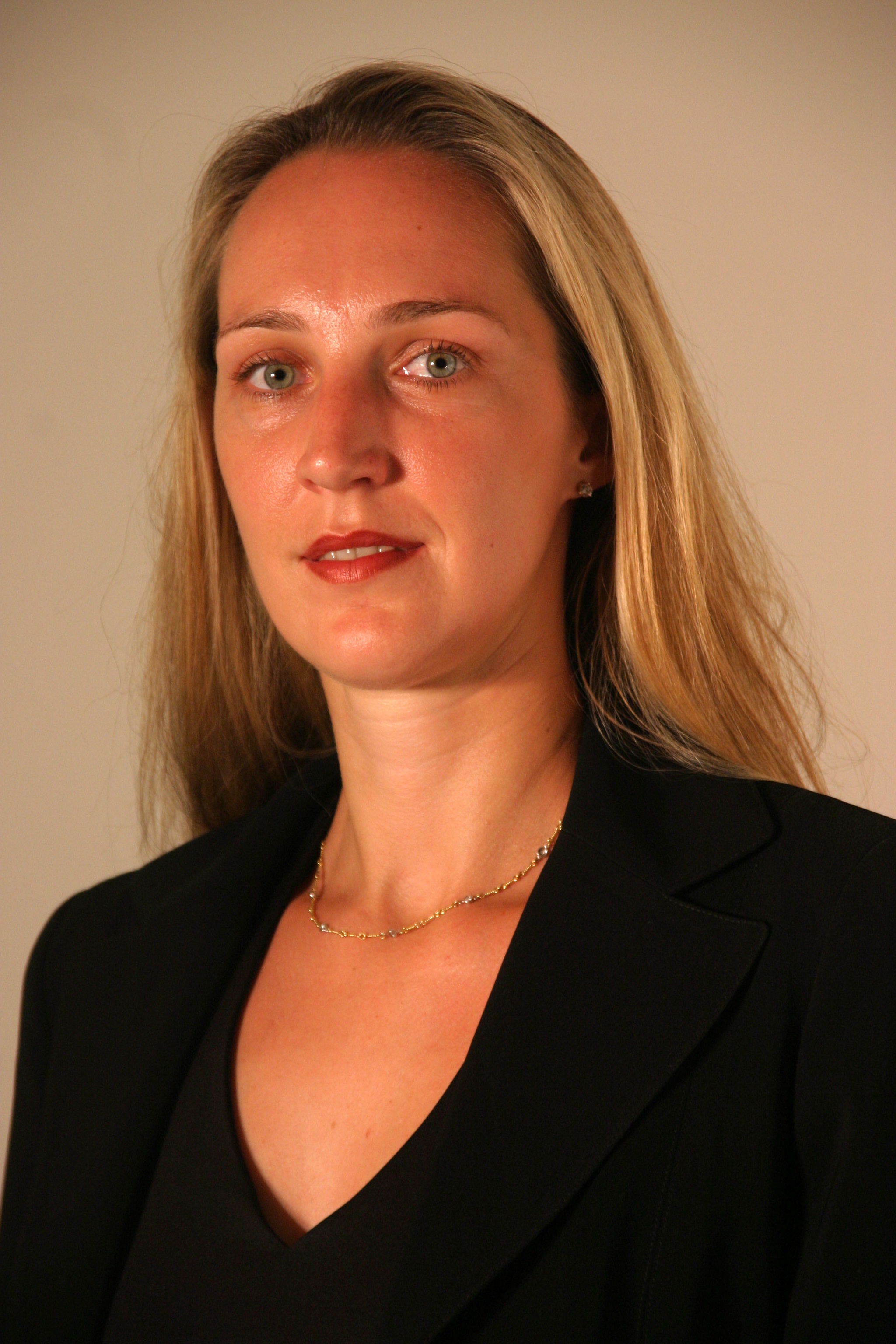
|
Ada Gavrilovska, Georgia Tech (Systems) Ada Gavrilovska is an associate professor in the School of Computer Science at Georgia Tech. She directs the Kernel research group, focused on performance, scalability and efficiency problems across the systems software stack. Gavrilovska's research is supported by the NSF, the US government, industry, and the SRC research center on Applications Driving Architectures (ADAcenter.org). She served as the program co-chair of the USENIX Annual Technical Conference in 2020. |

|
Samira Khan, University of Virginia (Systems and Architecture) |
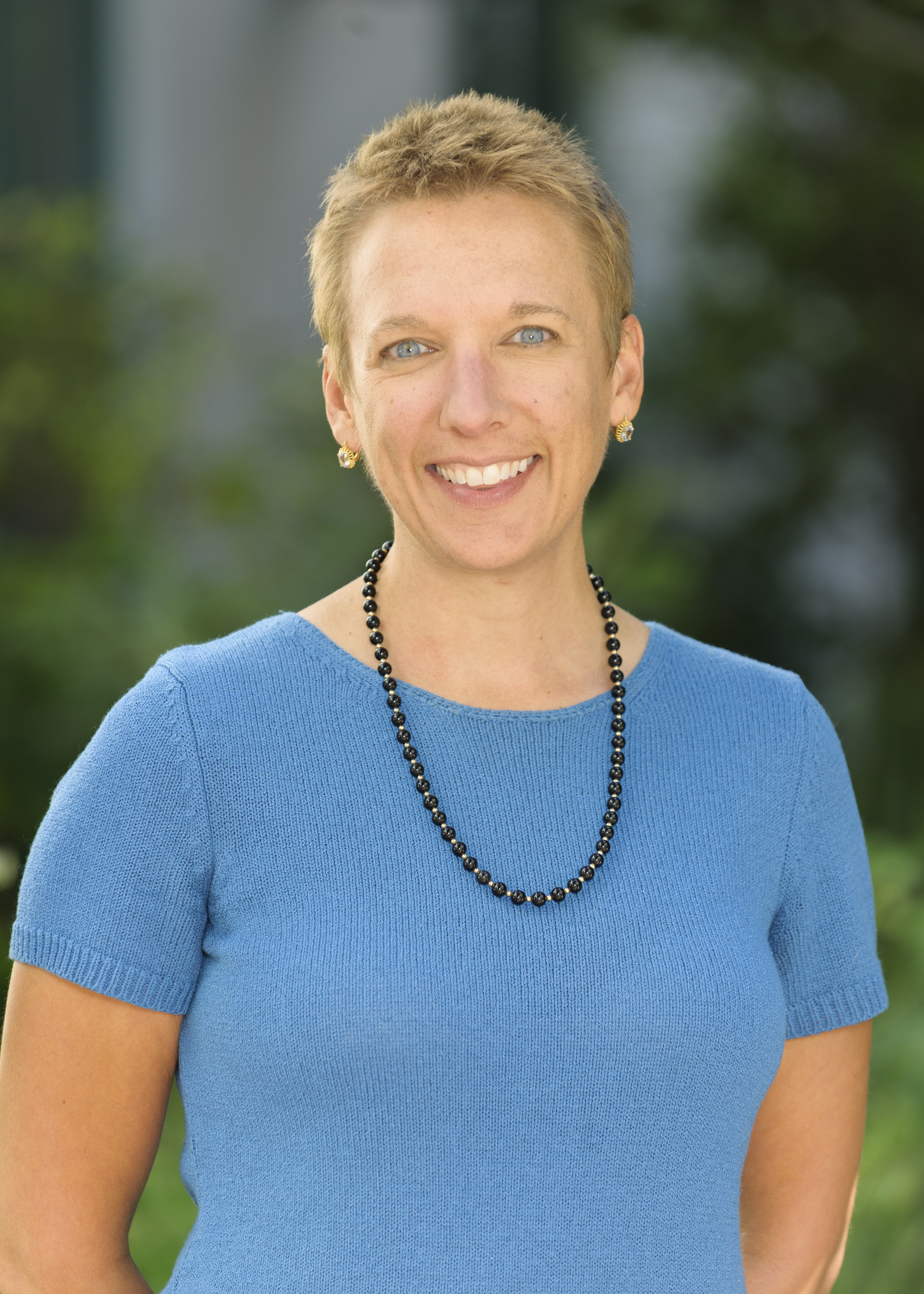
|
Chandra Krintz, UCSB (Programming systems) Chandra's research interests include programming systems, IoT, edge and cloud computing, and data analytics with applications in farming, ranching, and conservation science. Chandra has advised over 70 undergraduate and graduate students, has published numerous research articles in programming and distributed systems, and participates in efforts to broaden participation in computing. |

|
Shriram Krishnamurthi, Brown University (Software: from languages to security to education) Shriram is the Vice President for Programming Languages at Brown University in Providence, RI, USA. He’s not, really, but that’s what it says on his business card. At heart, he's a person of ill-repute: a Schemer, Racketeer, and Pyreteer. He believes tropical fruit are superior to all other kinds. He is terrified of success, because he may be forced to buy a suit. He is known to interrogate his audiences to ensure they’re paying attention. So, be alert. You can read email later. |

|
Rachel Pottinger, University of British Columbia (Databases) Rachel Pottinger an Associate Professor in Computer Science at the University of British Columbia. She received her PhD in computer science from the University of Washington in 2004. Her main research interest is data management, particularly semantic data integration, how to manage metadata, how to manage data that is currently not well supported by databases, and how to make data easier to understand and explore. |

|
John (Jack) Sampson, Pennsylvania State University (Computer Architecture) Jack Sampson is an Associate Professor in the School of EECS at the Pennsylvania State University, which he joined in 2013. Prior to joining Penn State, he was a PhD student, and then postdoctoral scholar, at the University of California at San Diego. His research interests span intermittent computing, energy-efficient computation, and the design and exploitation of emerging memory technologies. |


